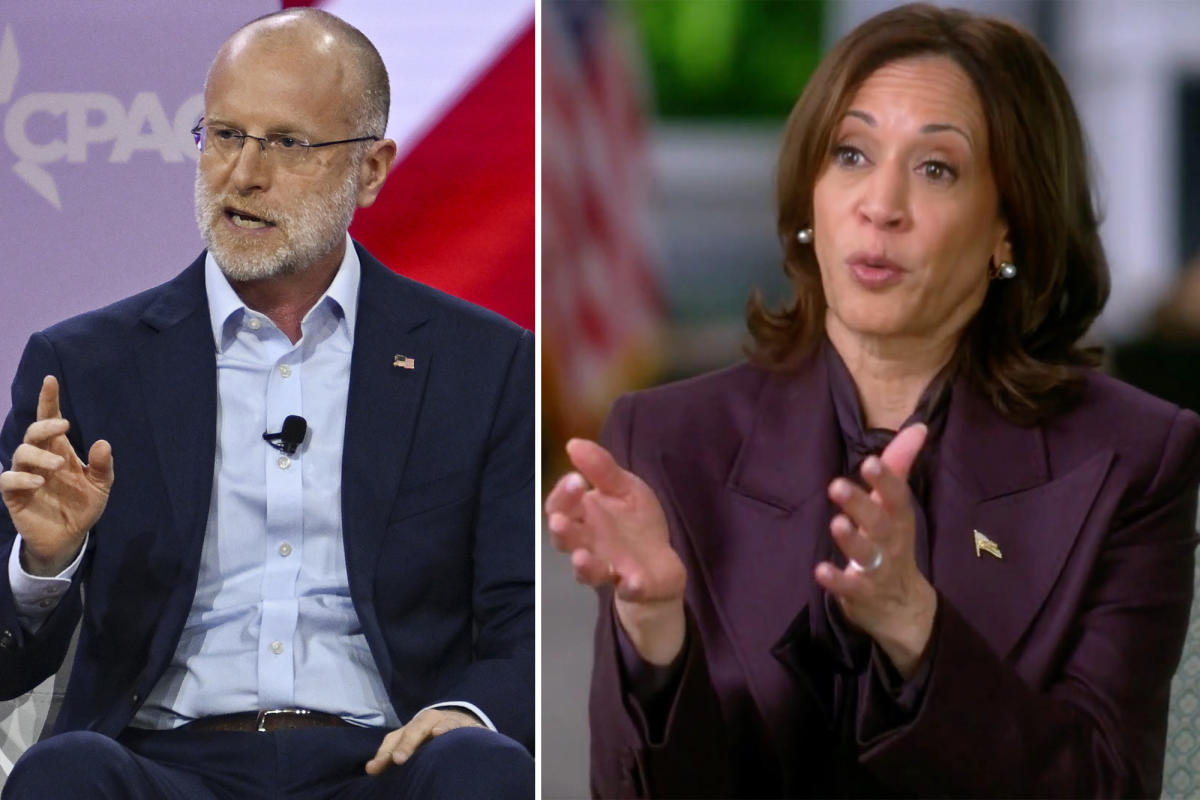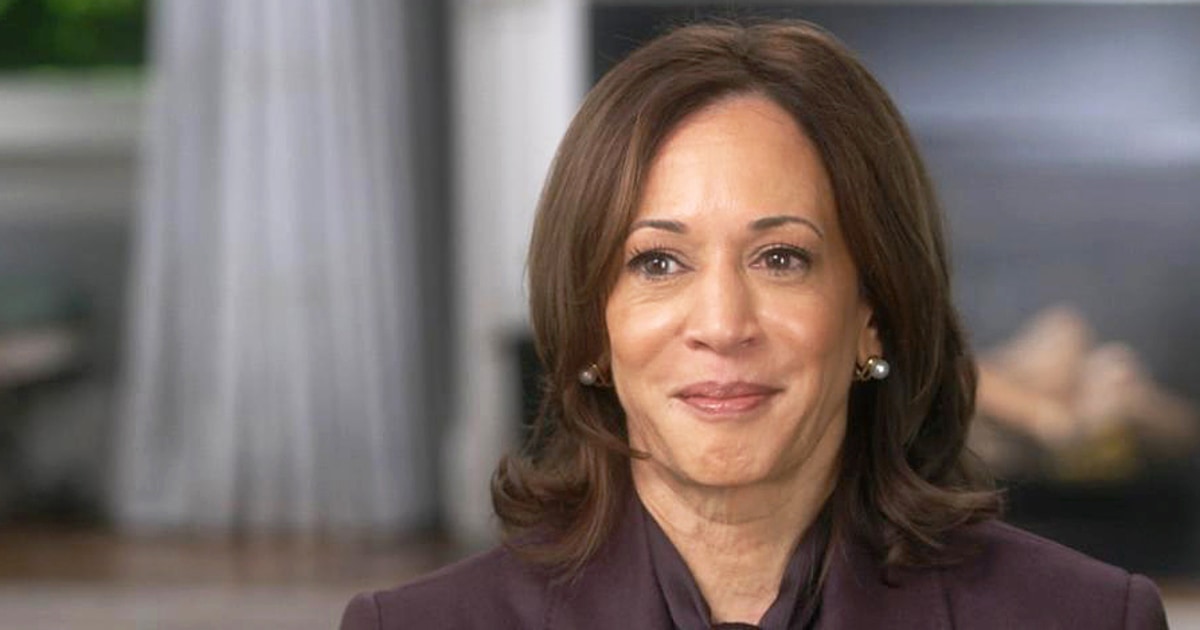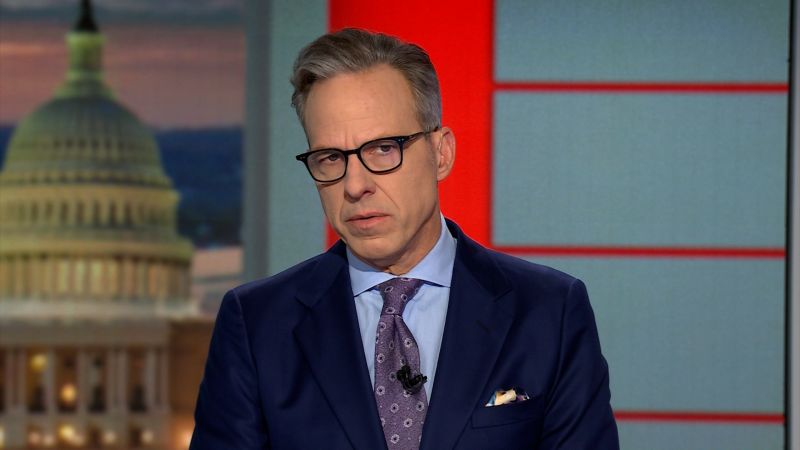In recent years, the relationship between former President Donald Trump and the media has been tumultuous at best. Trump's relentless criticism of journalists and media outlets as "evil" or "scum" has been matched by his threats to use governmental power to curb coverage he disapproves of. This aggressive stance has escalated since his second term began, with his administration even evicting major media outlets like NBC News from their Pentagon offices.
One particular incident that has sparked controversy is the editing of Vice President Kamala Harris' interview on CBS's "60 Minutes." The Federal Communications Commission cFCCc released transcripts showing that Harris' answers were cut significantly in the broadcast. Trump seized on this, filing a $10 billion lawsuit against CBS for alleged election interference. Trump-appointed FCC chair Brendan Carr initiated investigations based on complaints, leading to public scrutiny over the editing practices of the venerable news program.
The edited segments of Harris' interview left out significant portions of her responses, leading to accusations of distortion and bias. Trump supporters argue that the editing was a deliberate attempt to present Harris in a more favorable light while critics of the administration claim it was a standard practice for clarity and coherence. The move to investigate CBS for potential news distortion has raised concerns about regulatory interference in media content and freedom of the press.
Despite Trump's fervent assertions of wrongdoing and illegal editing, evidence from the full transcripts released by CBS and the FCC suggests otherwise. Democratic commissioner Anna Gomez pointed out that the materials provided no evidence of malpractice or deception. This has called into question the validity of Trump's allegations and the motives behind the lawsuit against CBS.
The legal battle between Trump and CBS has wider implications beyond the immediate dispute. It has drawn attention to the delicate balance between freedom of the press and regulatory oversight. Should the FCC find evidence of intentional news distortion, it could impact regulatory decisions, such as Paramount's $8 billion merger with Skydance. Public hearings are scheduled to address the complaint, laying bare the complex interplay between media content, regulatory scrutiny, and corporate interests.
As discussions of a potential settlement between Trump and CBS loom, the stakes are high for both parties. The outcome of this dispute could set a precedent for how media outlets navigate political pressures and regulatory scrutiny in the future. The evolving dynamics between the government, media, and public opinion underscore the critical role of a free and independent press in a democratic society.
In the midst of these debates and legal maneuvers, the broader implications of this conflict on the media landscape remain uncertain. The clash between Trump's administration and the media serves as a stark reminder of the challenges facing journalists and news organizations in an increasingly polarized and contentious political environment. It highlights the need for vigilance in upholding journalistic integrity, defending press freedom, and promoting transparency in media practices.



